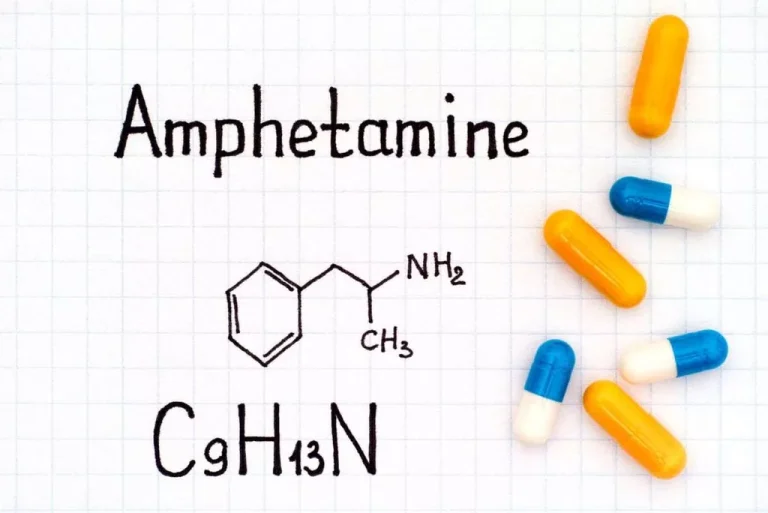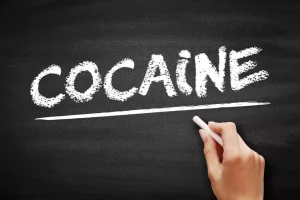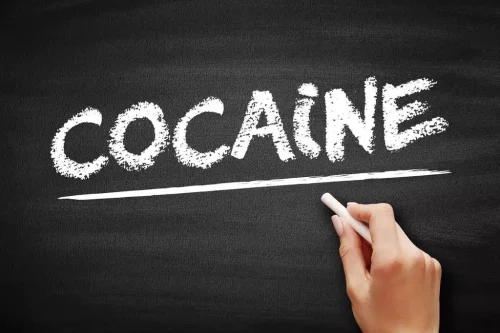
While recovery outcomes for people who enter treatment voluntarily tend to be better, many people in drug rehab centers are there because of external factors. These can include legal problems, work problems and ultimatums from loved ones. Sometimes people find internal motivation to get better once they’ve sobered up and are immersed in recovery activities in drug rehab. Addiction is debasing in that higher values like love, compassion, unselfishness, and altruism are usually suppressed in the pursuit of the next high.
สารบัญ
The 5 Levels of Care in Rehab
Before leaving someone struggling with addiction, you can try to get them to seek the help they need. Sometimes, stating your concerns and asking for them to get help can motivate a loved one to go to treatment. Setting clear and healthy boundaries is crucial loving an addict during addiction treatment.
How to Talk to Your Loved One About Their Addiction
- Avoiding judgment and criticism and working together to find constructive solutions can strengthen our relationship.
- My loving funny caring generous man ended our 6.5 year relationship by text on Xmas eve.
- Your mind makes you think you’re a bad person for walking away, and what if something happens because you weren’t there?
- There’s no longer the anguish and turning up at his to find he’s disappeared for days.
By taking care of yourself, you can better support your partner in their recovery and ensure your own emotional and mental well-being. Remember, seeking support from others is not a sign of weakness but a sign of strength and courage. Surrounding yourself with a support network can provide the emotional support and guidance you need as you navigate the challenges of loving and caring for an addict. Remember, supporting your partner in recovery requires commitment, understanding, and flexibility. By implementing these strategies, you can provide the necessary support for your partner’s successful recovery. Effective communication is key in managing codependency.
Is Coffee a Drug?

There are numerous support groups dedicated to loved ones of those with substance use disorder, such as Al-Anon. These support groups can offer specific guidance and advice on detaching with love. Focusing on your own healing can be helpful for detaching.

Disorders Caused by Alcohol Exposed
- Explore if Adderall causes aggression, its side effects, and long-term impacts.
- The year 2019 is also the last time Pornhub publicly released its visitor numbers, then 115 million daily.
I want to, I don’t want to see him and get sucked back in. My biggest fear is what if he needs help to get better and reached out and I’m not there. I would somehow blame myself and I can’t live with that.
Living With a Pill Addict: Signs Your Loved One Has a Pill Addiction
It could be alcohol and drug misuse; an eating disorder; smoking; gambling; an Internet, relationship, or sex addiction; or compulsive shopping and over-spending. It doesn’t matter what kind of addictive behavior your loved one is struggling with. It’s natural to feel conflicted, sad, or even guilty about the decision to detach from a loved one https://ecosoberhouse.com/article/am-i-an-alcoholic-do-i-have-a-drinking-problem/ with substance use disorder. Setting boundaries can be an expression of self-esteem and a way to ensure that you’re being emotionally taken care of in your relationships. There are many reasons why you may feel it’s necessary to detach from someone with substance use disorder. Identifying your reasons can help you to move through the process in a thoughtful way.
- It involves relying too much on someone else for emotional and psychological support.
- When you accept this fact, you can grasp the reality of the situation and avoid overextending yourself.
- Find 8 tips below for how to balance supporting the positive health behaviors of your partner, while also taking care of yourself.
Increased Need for Privacy and Boundaries
Discover the disease concept of addiction, its implications on treatment, and criticisms it faces. Explore if teen substance use is normal, its impact, and strategies for prevention and intervention. Discover how to build your recovery toolbox with essential tools for emotional well-being and support.

Although some individuals achieve long-term recovery on their first attempt, for others, it may take multiple attempts over multiple years. Keep your hopes up, as substance use disorder is known as a “good prognosis disorder” in that the majority of people can and do recover. Compulsive behaviors and the need for rapid reward are likely to surface and intensify as the substance use disorder progresses.